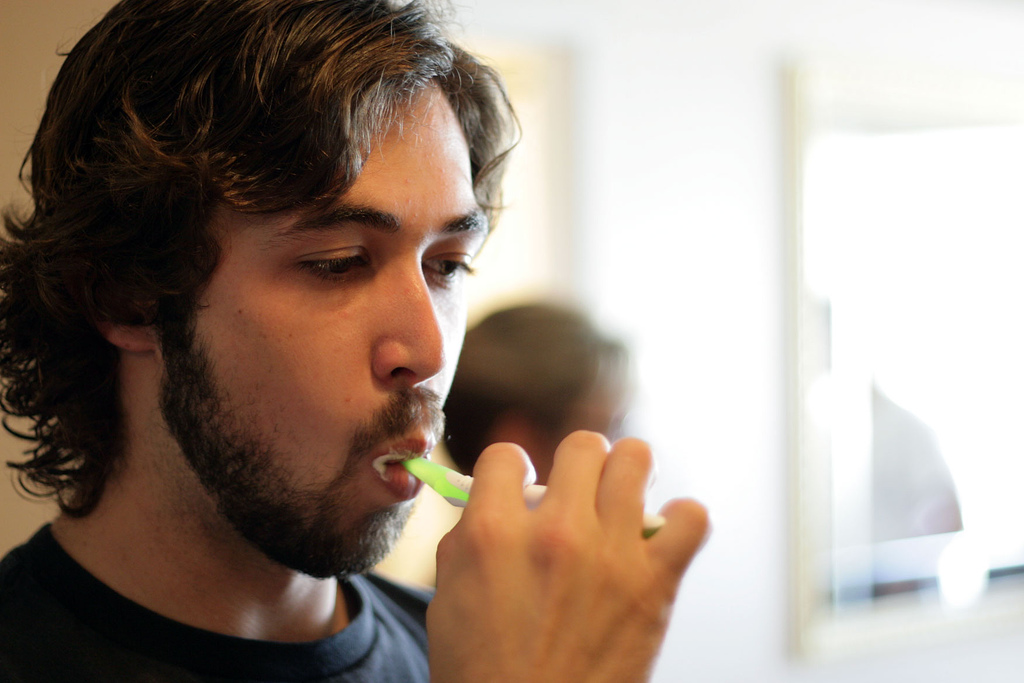Why That OJ Tastes Odd After Brushing Your Teeth
Upper East Side Dentist | Manhattan Cosmetic Dentistry
-
Ewww! I just brushed my teeth and this orange juice tastes disgusting! Is it Colgate’s fault? Should I blame the hardscrabble mint farmers of central Indiana? Did my orange juice go bad? Darn you, Tropicana!
Okay, now that I’ve calmed down, maybe together we can solve this mystery. Why do certain foods taste odd after I brush my teeth?
You’ve probably noticed since childhood that many foods and beverages taste differently after you’ve brushed your teeth. Orange juice, because it is so commonly associated with children and breakfast and teeth brushing with a morning routine, was probably just the first item with which you noticed this difference in taste. But the phenomenon isn’t limited to orange juice.
So, why does it happen? Basically, because of a funny interaction between biology and chemistry that could be explained equally fascinatingly by either a Nobel laureate or a first-grade teacher to students. First, let’s talk about how we taste anything at all.
Inside your mouth, but especially on the top and sides of your tongue, are taste receptors or “buds.” As you eat and drink, saliva mixes with your food and beverage and seeps into these receptors where it activates one or another taste: sweetness, sourness, saltiness, bitterness, and savoriness (what the scientists call “umami”). Often, your food or beverage will activate more than just one of these to create complex (and delicious!) tastes. Orange juice is a great example of this because it is filled with sugar (sweet) but also citric acid, which adds a sour and somewhat bitter taste. Fun-fact: did you know you can also find this taste by chewing pine needles?
But don’t blame the mint farmers! While mint is a powerful taste that can remain behind even after brushing your teeth, the real culprit here is a little chemical called sodium lauryl (or laureth) sulfate (or CH3(CH2)10CH2(OCH2CH2)nOSO3Na, if you prefer). This chemical, which you’ll find in many soaps and shampoos, is a surfactant, meaning that it helps to create foam. Unfortunately for your tongue, though, it also suppresses your sweet receptors and enhances bitter flavors. And because it seeps into your taste buds and stays there for a little while, the effect can last for even 30 minutes!
So, what to do? Well, I’m definitely not going to stop brushing and flossing every morning, so I can either change up my routine a little to put more time between teeth brushing and breakfast, or I can always look for an SLS-free toothpaste. There are dozens of them and they’re widely available. Contact Dr. Latinelli’s office for more recommendations!


